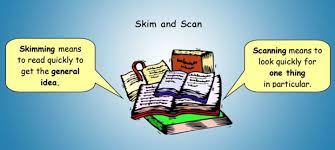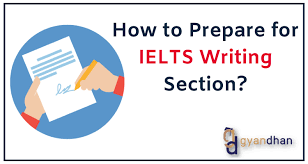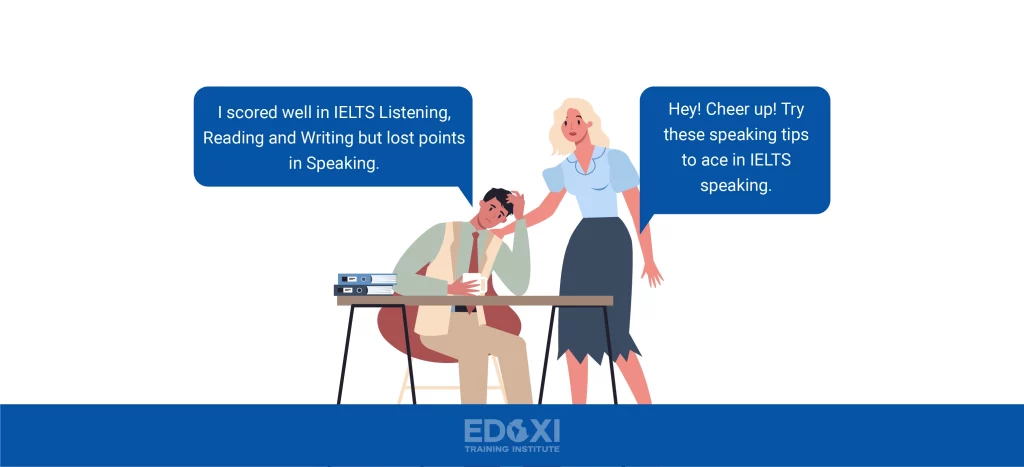Are you aspiring to study, work, or live in an English-speaking country? If so, the International English Language Testing System (IELTS) is your gateway to achieving your dreams. Whether you’re preparing for academic or general IELTS, securing a high band score is crucial. In this comprehensive guide, we will delve into the strategies and tips that can help you secure a top band on IELTS.
Before we dive into the strategies, let’s understand the IELTS test structure. IELTS assesses your language proficiency in four key areas: Listening, Reading, Writing, and Speaking. Each section is scored on a scale of 0 to 9, and your overall band score is the average of these four scores.
First and foremost, set achievable goals. Determine the band score required for your specific purpose, whether it’s university admission, immigration, or employment. Knowing your target score will give you a clear direction for your preparation.
Effective Time Management
Time management is crucial on the IELTS test day. Practice with time limits during your preparation to ensure you can complete each section within the allocated time. Use a timer during practice tests to simulate the exam environment.
Mastering the Listening Section

The listening test is perhaps the easiest part, and for those who find it challenging, I’d like to say, “Don’t worry, you’ve got this!” ( Ap ny ghabrana nahi hai) Here’s what you need to do: Spend 30 minutes every day listening to an English news channel or a podcast and try your best to understand it. If you’re finding it a bit difficult to keep up, who doesn’t watch Netflix these days, right? Pick a series and watch it without subtitles. Try to follow the sentences. This will give your confidence a boost.
Conquering the Reading Section
In this section many test takers fails to manage time effectively. This section is designed to assess the comprehension skills. To improve your reading abilities:
Skimming and Scanning Techniques: The Map Reader’s Skills
Think of yourself as an explorer, gliding over the text’s surface to get a sense of its terrain. This is called skimming. Skim through the passage quickly to grasp its main idea, the key points, and the structure. It’s like looking at a treasure map from above to spot the “X marks the spot” clues.

Now, it’s time for scanning – like using a magnifying glass to find hidden details. Scan the text to locate specific information, keywords, or dates. It’s how you pinpoint the exact location of your treasure chest.
Building Your Vocabulary: The Language Toolkit
Imagine you’re in a foreign land, searching for clues. To communicate effectively and decode the map’s secrets, you need to understand the local language. In the reading section, that language is vocabulary. Pro tip, read, read and read. You need to make yourself comfortable at reading lengthy newspapers/ articles.
Excel in the Writing Section

To practice this section, you can consult YouTube for test guidance. Many educators thoroughly explain the patterns that need to be followed for different tasks. Watch as many essays as you can but ensure you stick to the topic. Make sure your explanations are crystal clear, leaving no room for confusion. Keep your vocabulary game strong, folks. Lastly, gather feedback from your peers or teachers. Constructive criticism can be your secret weapon for improvement.
On test day, read the task instructions carefully, just like you’d follow a map to find treasure. Then, spend a little time planning your journey. Make a simple list of what you want to say, like making a to-do list. Well-organized writing is like having a good plan, and it helps you do better.
Lastly, make sure you keep an eye on the time. Stick to the time limits for each task so you have enough time for both.
Acing the Speaking Section

Acing the IELTS Speaking test can be achieved with dedicated preparation and the right approach. Start by practicing your English speaking skills regularly. Engage in conversations with friends or language partners to build confidence. Recording yourself is also a valuable tool to identify areas for improvement, such as pronunciation or fluency. Familiarize yourself with common topics that often appear in the test, like hobbies or travel, and brainstorm ideas and vocabulary related to these subjects.
On test day, stay calm, speak clearly, and exude confidence. Expand your vocabulary to impress the examiner, and practice with mock tests to get comfortable with the format. Lastly, seek feedback from teachers or language partners to refine your skills. By following these strategies, you can approach the IELTS Speaking test with confidence and increase your chances of securing high band in this section.
Simulate Real Exam Conditions
To ensure you’re fully prepared for the IELTS exam, take practice tests under real exam conditions. This will help you get accustomed to the format, time constraints, and the pressure of the exam.
Seek Professional Guidance
Consider enrolling in an IELTS preparation course or working with a tutor. They can provide personalized guidance and valuable feedback to help you improve.
Stay Informed About Updates
Keep yourself updated on any changes or updates to the IELTS test format or scoring system. Staying informed will ensure you are prepared for any modifications.
Consistency is Key
Consistency in your preparation is essential. Create a study schedule and stick to it. Regular practice and revision are the keys to success.
Conclusion
Securing a top band on IELTS is a significant achievement that can open doors to a world of opportunities. By setting clear goals, managing your time effectively, and mastering each section of the exam, you can increase your chances of success. Remember that preparation and practice are your best allies in your journey to IELTS success. Start your journey today, and watch your dreams become a reality.







